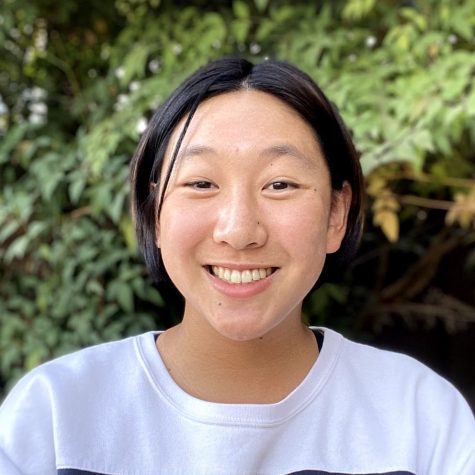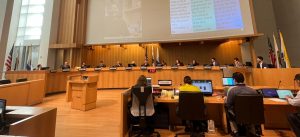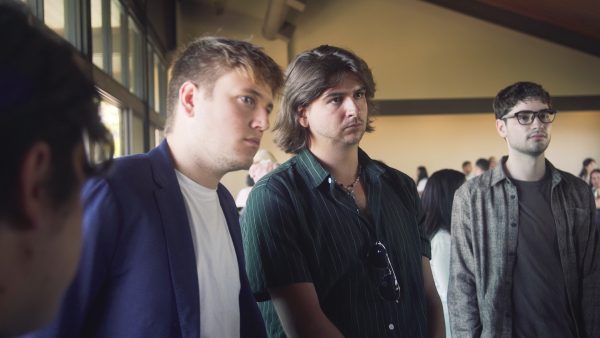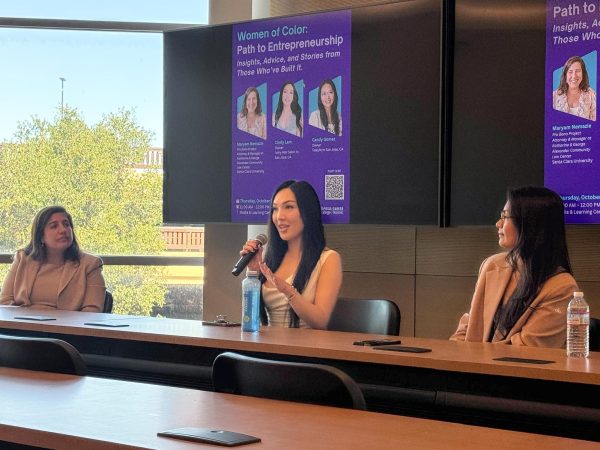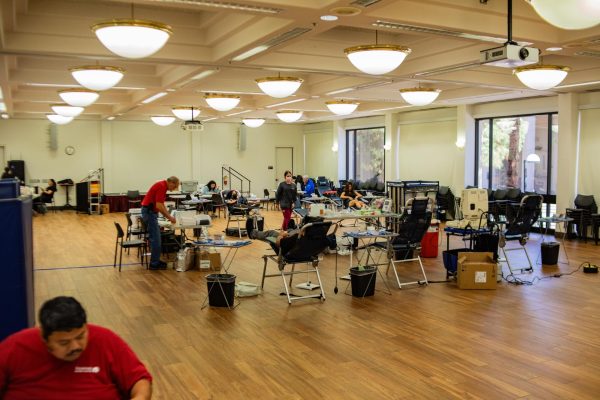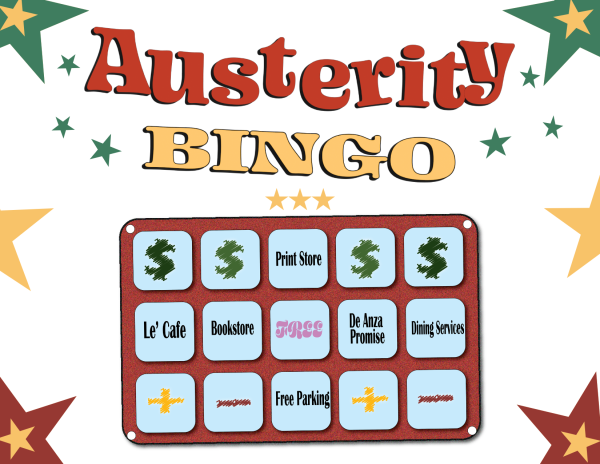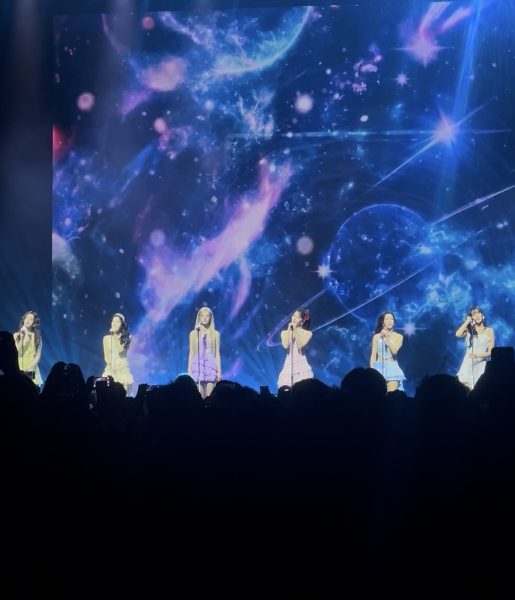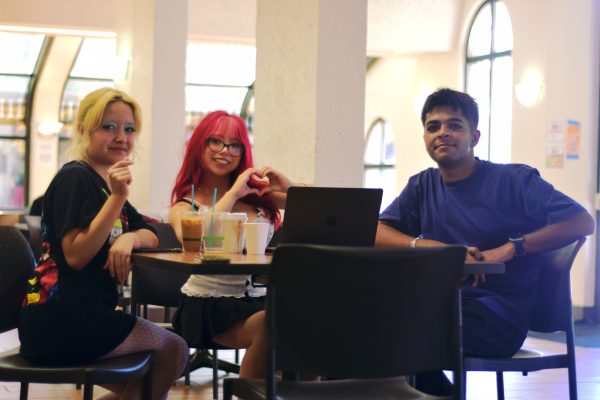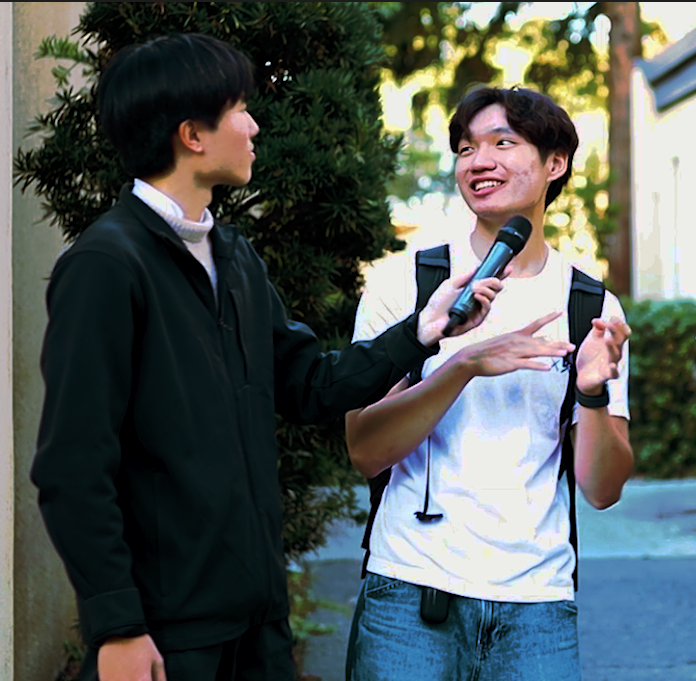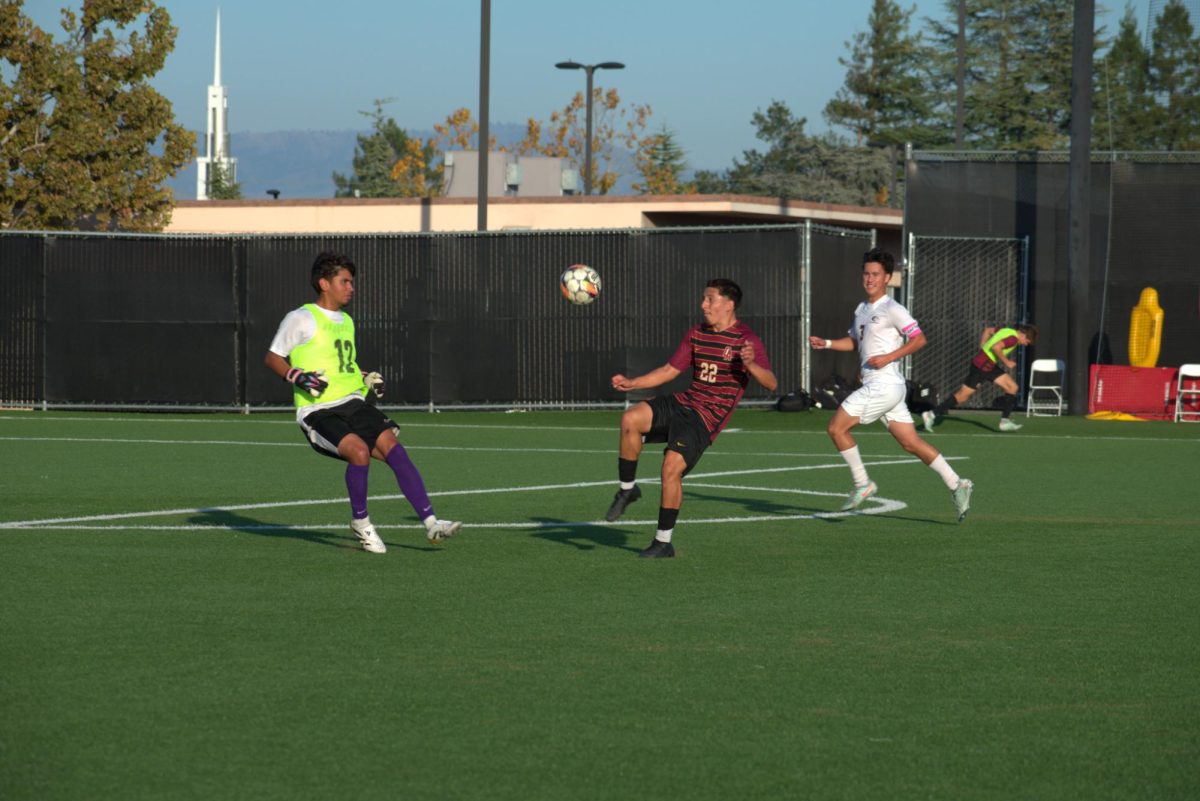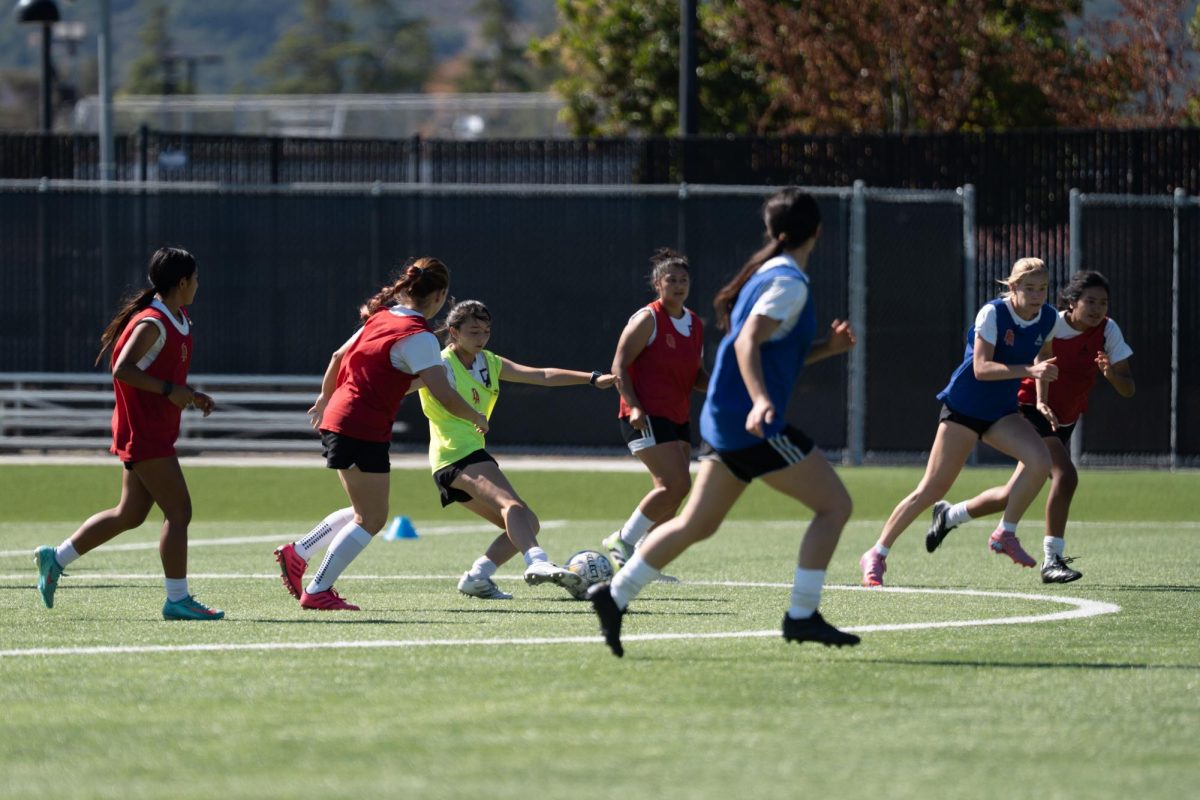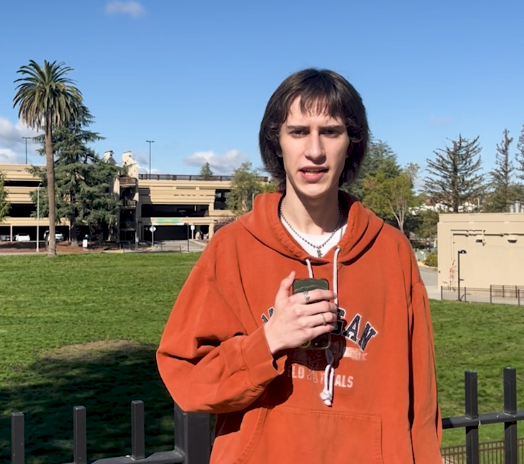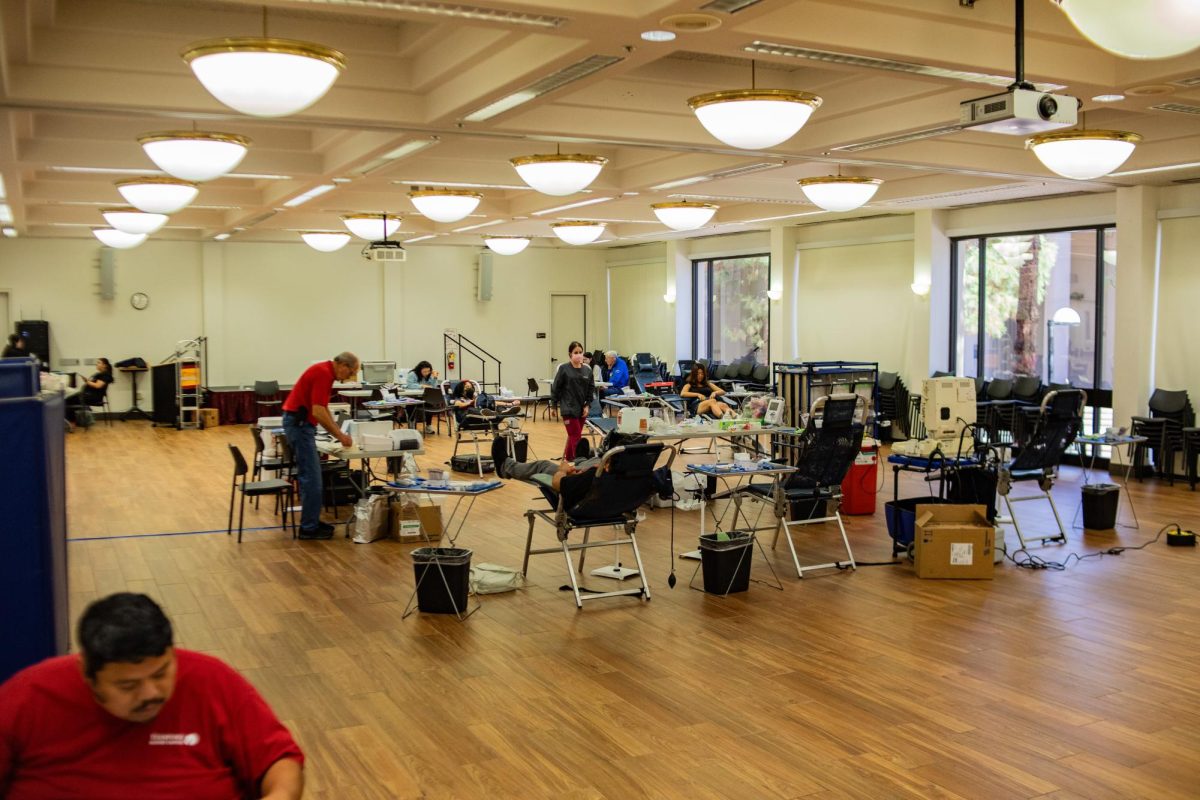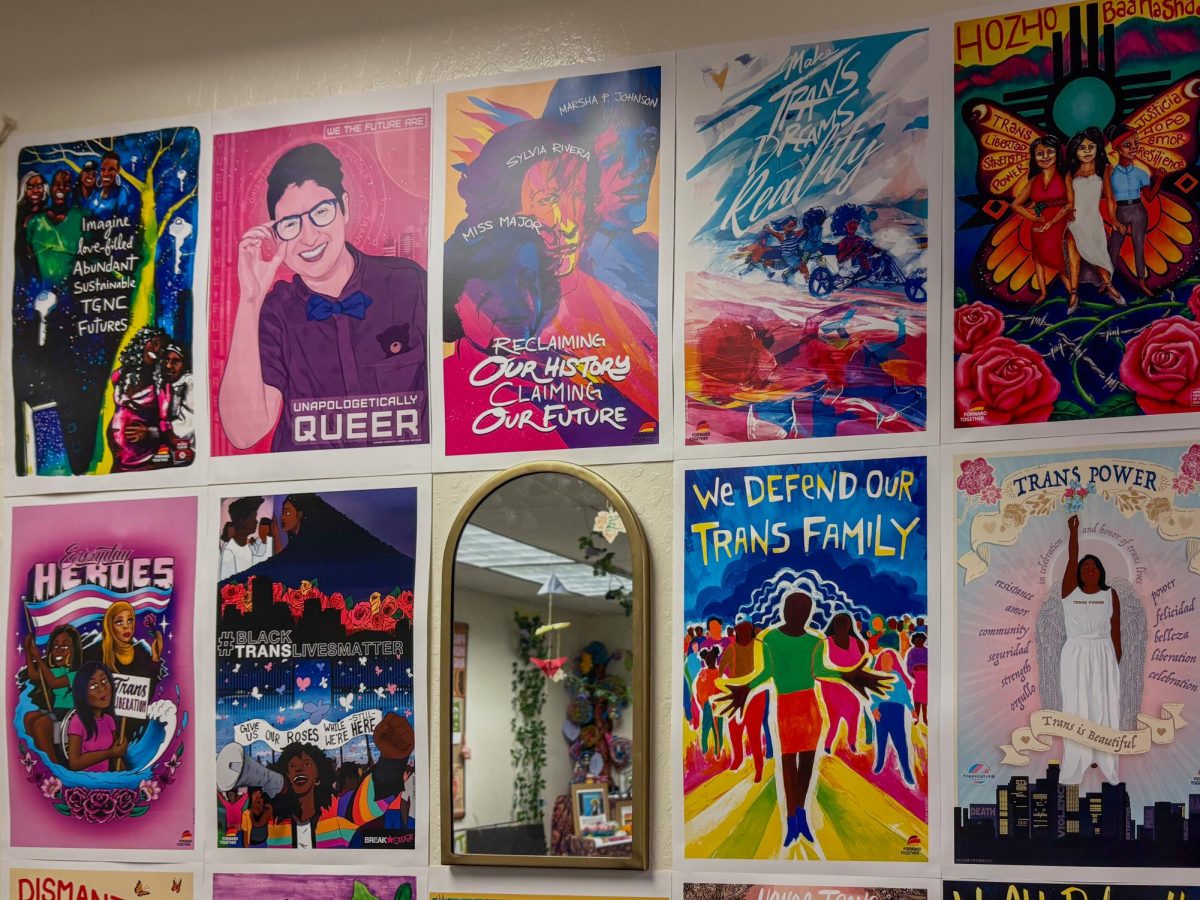Emmy award-winning filmmaker Michele Josue previews her new documentary about Filipino nurses with De Anza
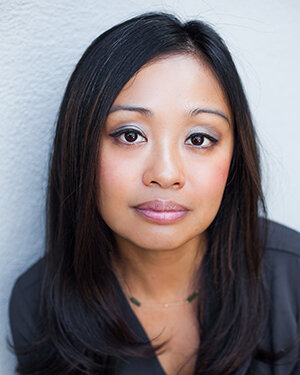
Source: Michele Josue
October 25, 2021
Editor’s Note: At Caparas’ request, we have properly credited her comments about American colonization of the Philippines with in the film to Catherine Ceniza Choy’s “Empire of Care”
Filipino nurses make up only 4% of the U.S. nursing population, but have accounted for 31.5% of COVID-19 nurse deaths.
Emmy-award winning filmmaker Michele Josue explores this discrepancy in her upcoming documentary “Nurse Unseen,” which uncovers the devastating toll the COVID-19 pandemic has had on the physical and emotional health of Filipino nurses. The film also explores the colonial ties between the Philippines and the U.S. which led to the former becoming the leading exporter of professional nurses to the U.S.
On Oct. 21, Josue spoke to De Anza College students and faculty in an online panel discussion about her inspirations and motivations for her new film. The event was a part of the school’s “Undocumented Student Week of Action,” taking place across community colleges in the state.
Panelist and health-care worker herself, Juls Corpus. asked why so many Filipinos pursue nursing.
“Everyone knows the stereotype that a lot of Filipinos are nurses, but have you wondered why that is?” Corpus asked.
Chesa Caparas, English professor and faculty coordinator for the Women, Gender and Sexuality Center at De Anza, and long-time friend of Josue, explained that the phenomenon can be traced back to the American Colonization of the Philippines in 1898.
“Part of the American colonial project was the idea that the United States was going to come in, civilize and improve Filipino society,” Caparas said. “But at its heart, it was not benevolent at all. It was about imposing an outside will against a people thought to be in a place beneath them.”
Caparas credits the work of Catherine Ceniza Choy’s “Empire of Care” for chronicling that history within the film.
With its militaristic grip on the country, the U.S. enforced several changes to the Philippines, including the establishment of an American style school system, civil and criminal courts, as well as shaping local governments in its own image. One trade that the U.S. emphasized above all else, was for natives to take on nursing.
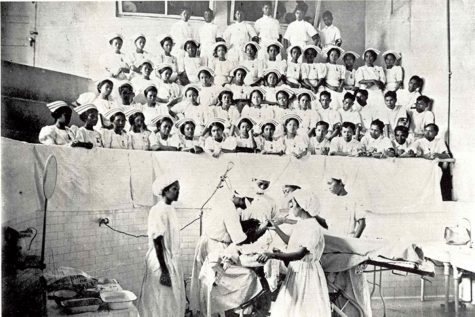
“American White nurses had the perspective of using nursing as a way of civilizing Filipinos and uplifting them into a supposed civilized nation,” Caparas said. “The U.S. government trained Filipino nurses in ways that followed an Americanized nursing curriculum.”
Though Filipino herself, Josue said she was late to learning about the history of her culture.
“I grew up in a very westernized culture where I went to a boarding school whose curriculum was very eurocentric,” Josue said. “I went through a lot of my life being very ignorant about all these things.”
During the process of researching her film, Josue said that she began to reflect on the experiences of her aunt, who was a nurse, and asked why she decided to immigrate to the U.S.
“My aunt came over in the mid ‘60s when there was a big wave of Filipino migrants, and so I talked to many nurses of that generation,” Josue said. “At the time, the thought of going to nursing school with the hopes of going to the U.S. was kind of a dream. They could make 20 times more money than they would being a nurse in the Philippines, and be able to utilize that money to support, not only themselves, but their families back home.”
Since 1960, this sort of incentive has compelled over 150,000 Filipino nurses to immigrate to the U.S. for work. But after arriving, many of them met adversity that they did not expect to encounter.
“A lot of nurses came over with these very glamorous ideas of the American dream,” Josue said. “But when they came over, a lot of them were experiencing for the first time, going into hospitals and being rebuked for speaking amongst themselves in their own dialect.”
When the COVID-19 pandemic hit, the physical and emotional toil endured by Filipino nurses, and all other health care workers, was only exacerbated. Corpus shared her personal experience behind working in hospitals.
“I’m a frontline healthcare worker myself so I understand that anxiety.” Corpus said. “My mom is also an ICU nurse and I’m afraid that she’s always putting her life on the line. God forbid cases rise up again, but I don’t want her to ever get sick.”
Josue shared that her film focuses on one nurse in particular.
“Maggie is an ICU nurse at Elmhurst Hospital in Queens, New York, which at one point was the epicenter of the pandemic,” Josue said. “It got to the point where it was too much for him, and he tried to take his own life.”
Josue said that Maggie is alive and well today, but is still haunted by the immense trauma of being overworked and witnessing so much death first-hand.
She concluded by discussing her goals for the film and what she hopes audiences will take from it
“What we wanted to do is really show that they’re more than this terrible, tragic statistic,” Josue said. “These are people who are the pillars of their families and their communities, often supporting not only their whole families, but sometimes smaller villages. This is an ongoing theme in my work, that these are real people.”
“Nurse Unseen” is set to be released in January 2022.



